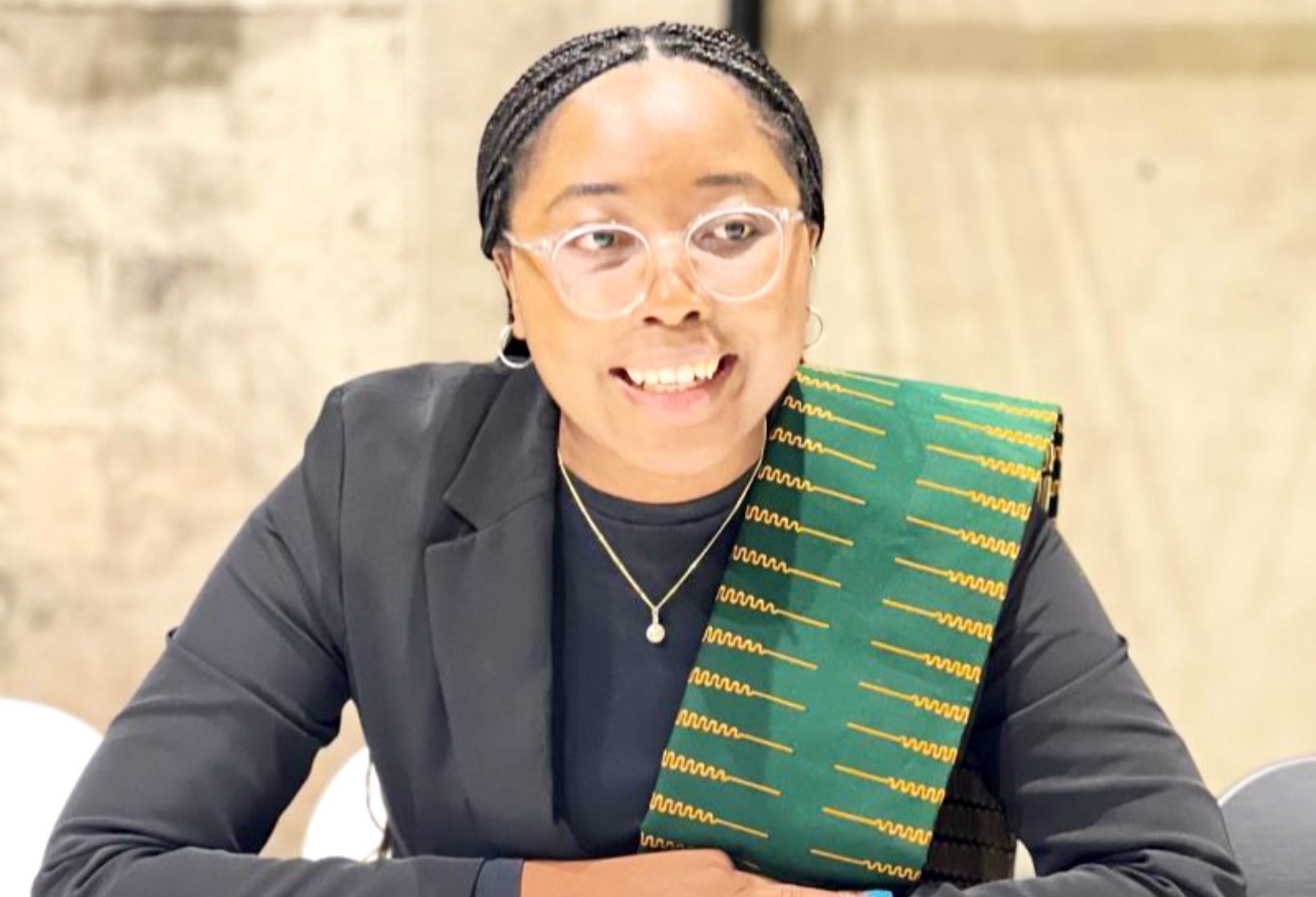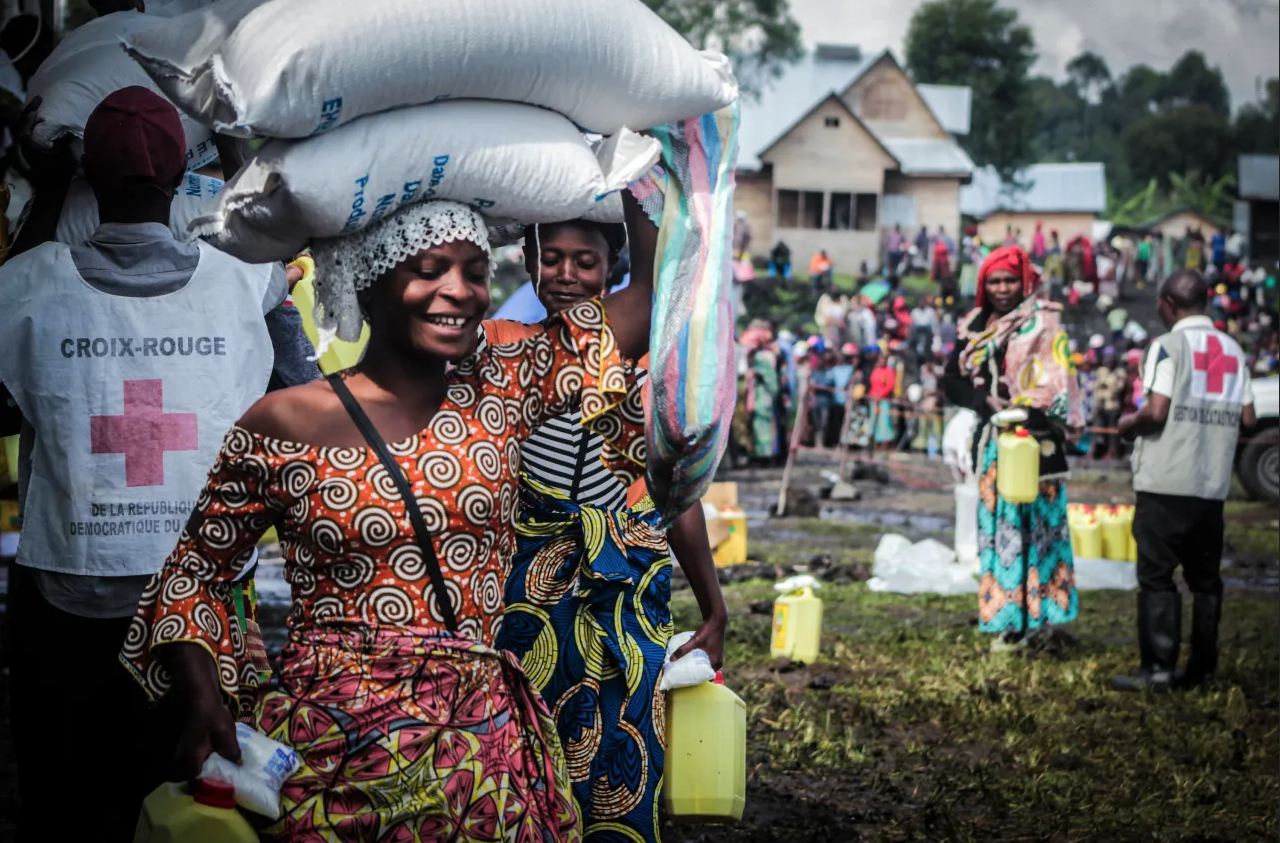INVESTING in women will accelerate growth in Namibia’s agricultural sector and address food security and self-reliance issues, because women are central to all aspects of agriculture and farming activities in their communities.
This was said by the executive director of agriculture, water and land reform, Ndiyakupi Nghituwamata, when she addressed a summit on women and agriculture, hosted by Heiress Communications in Windhoek on Thursday.
“Women contribute significantly to household investment, community resilience, national economic growth and the vibrancy of regional economies,” she told the meeting, which was attended by the minister of justice, Yvonne Dausab, and World Food Programme country director, George Fedha.
Nghituwamata said the role of women in agriculture is important for reducing poverty and ensuring food security at national and household level, at a time the country is faced with serious challenges in providing in the food needs of a growing population.
However, their efforts are limited by a lack of access to productive resources, technologies, services and market access, she said.
“The challenge of food insecurity, particularly in the rural areas, has a negative impact on agricultural production – especially given the country’s increasing rural-urban migration.
“The rate of urbanisation stands at 4,2%, and it is expected that 60% of the country’s population will live in urban areas by the year 2030,” Nghituwamata said.
She said agriculture is one of the most important economic sectors as approximately 70% of Namibia’s population is dependent directly or indirectly on it for their livelihoods, with the majority of smallholder farmers being women.
“Over the last five years, agriculture’s contribution to Namibia’s gross domestic product has been just around 5%, with primary products, including livestock and meat products, crop farming and forestry,” she said.
“It is well known that in Africa rural women are the backbone of agriculture production and food security,” she said, but acknowledged that Namibia’s arid climate and geographical conditions do not favour dryland crop farming and that crop varieties are limited.
She said despite the role women play in agriculture, they are constrained by a lack of involvement in decision-making and access to finances.
In addition, the effect of climate change is negatively impacting national food security, food self-sufficiency, and nutrition by reduced access to food and consequently a reduction in food quality.
The occurrence of livestock diseases, such as foot-and-mouth disease, has had a devastating effect on the economy of the northern communal areas.
The executive director said the disruption of food supply chains and the restricted movement of goods, services and people triggered by Covid-19 pandemic, has brought into focus an over-reliance on other countries for essential food.
“We need to rethink the country’s approach to economic growth and socio-economic development. At the ministry our focus is no longer on food security alone, but food security and food self-reliance,” she said.
Nghituwamata said the ministry is implementing a number of programmes to help farmers.
The dryland crop production programme is a rain-fed programme, supporting small- and medium-scale crop farmers with subsidised agricultural production inputs and mechanised services.
“During the 2021/22 cropping season, a total of 44 959 farmers, of which 50% were women, benefited from inputs and mechanised services,” she said.
Nghituwamata said the ministry also implemented the Horticulture Support and Value Chain Development Project to ensure sustainable access, availability, the use of essential farm inputs and capacity building of small-scale horticulture producers.
“During the 2021/22 financial year, a total of 771 horticultural producers, of which 50% were women, benefited from input, mechanised services, and irrigation material subsidies under this programme.
“The programme received a total budget of N$6 million for the provision of subsidies during the 2022/23 financial year,” Nghituwamata said.
The Small Stock Development and Distribution Project was implemented in communal areas to assist vulnerable rural households to have a sustainable means of income generation and food and nutrition security, as well as to improve their social and economic wellbeing by providing them with 20 ewes/does (goats) and one ram/buck, as well as vaccines and medicine.
“A total of 492 famers have benefited, of which 207 were women,” said Nghituwamata.
“Apart from these programmes, we still have the issue of land. Land access and ownership remain important assets women need,” she said.
As such, the Ministry of Agriculture, Water and Land Reform has developed and adopted a land reform policy that ensures access and equity, and allows women to own land just like men, Nghituwamata said.
Email: matthew@namibian.com.na
Stay informed with The Namibian – your source for credible journalism. Get in-depth reporting and opinions for
only N$85 a month. Invest in journalism, invest in democracy –
Subscribe Now!






